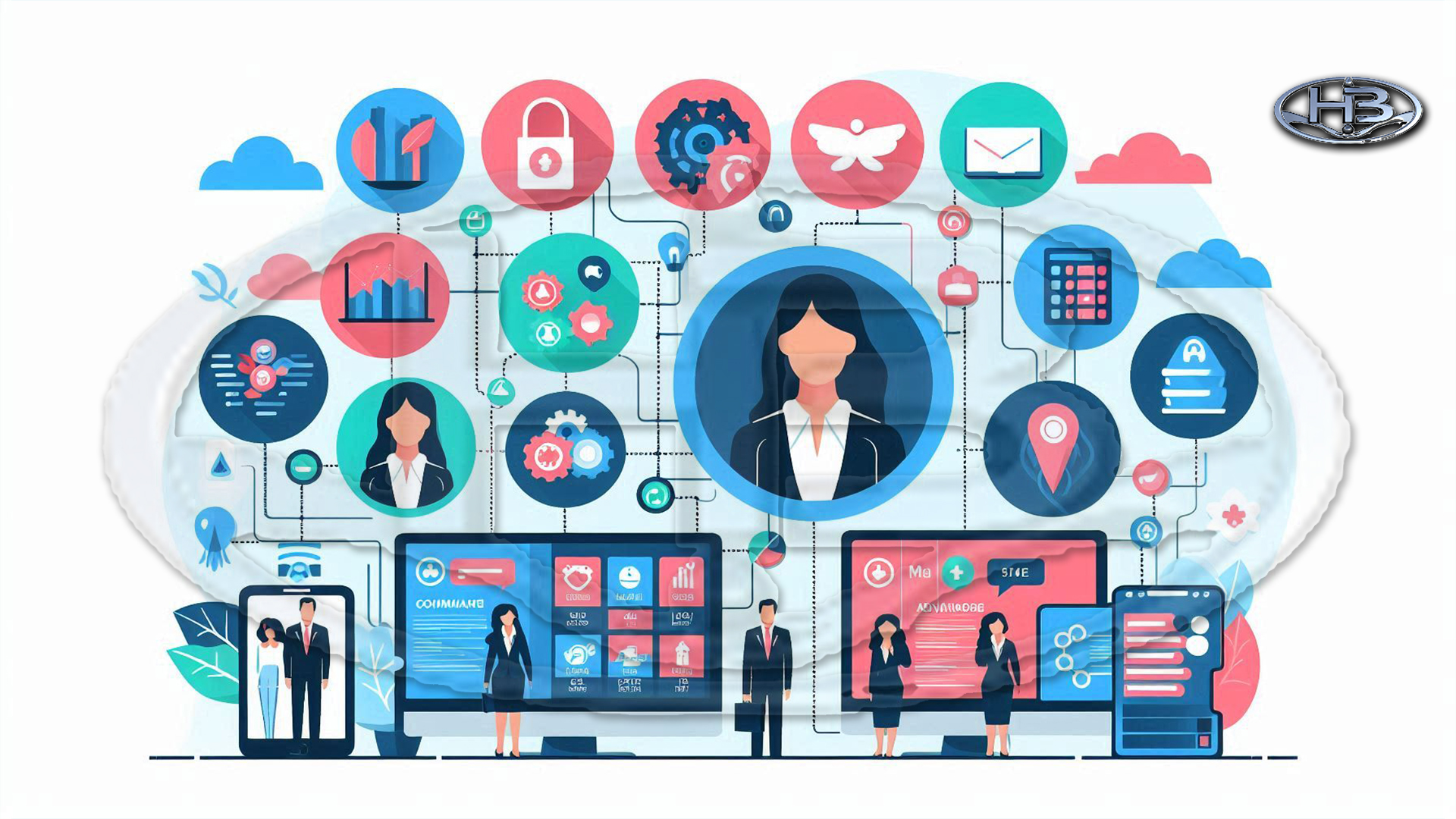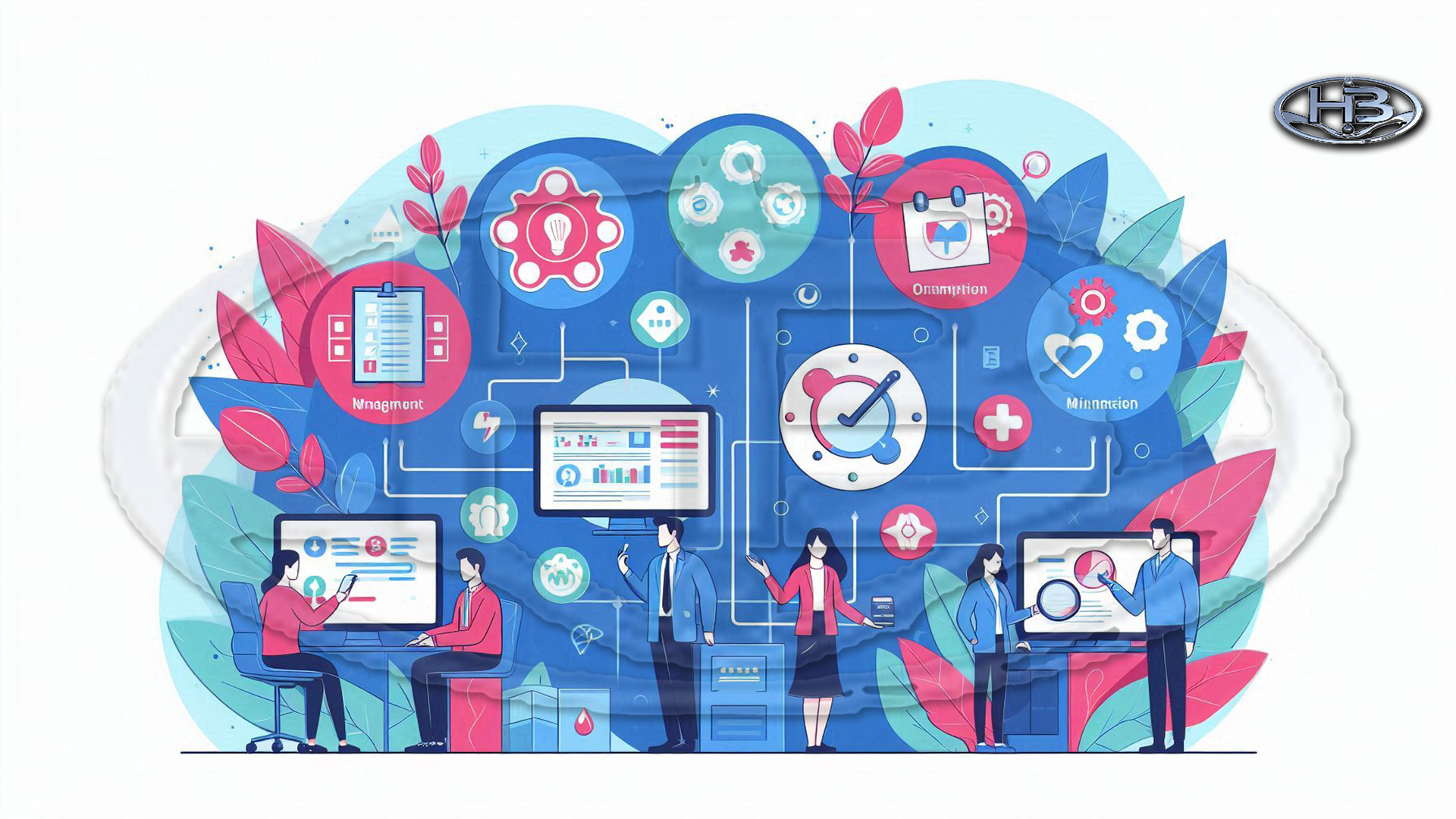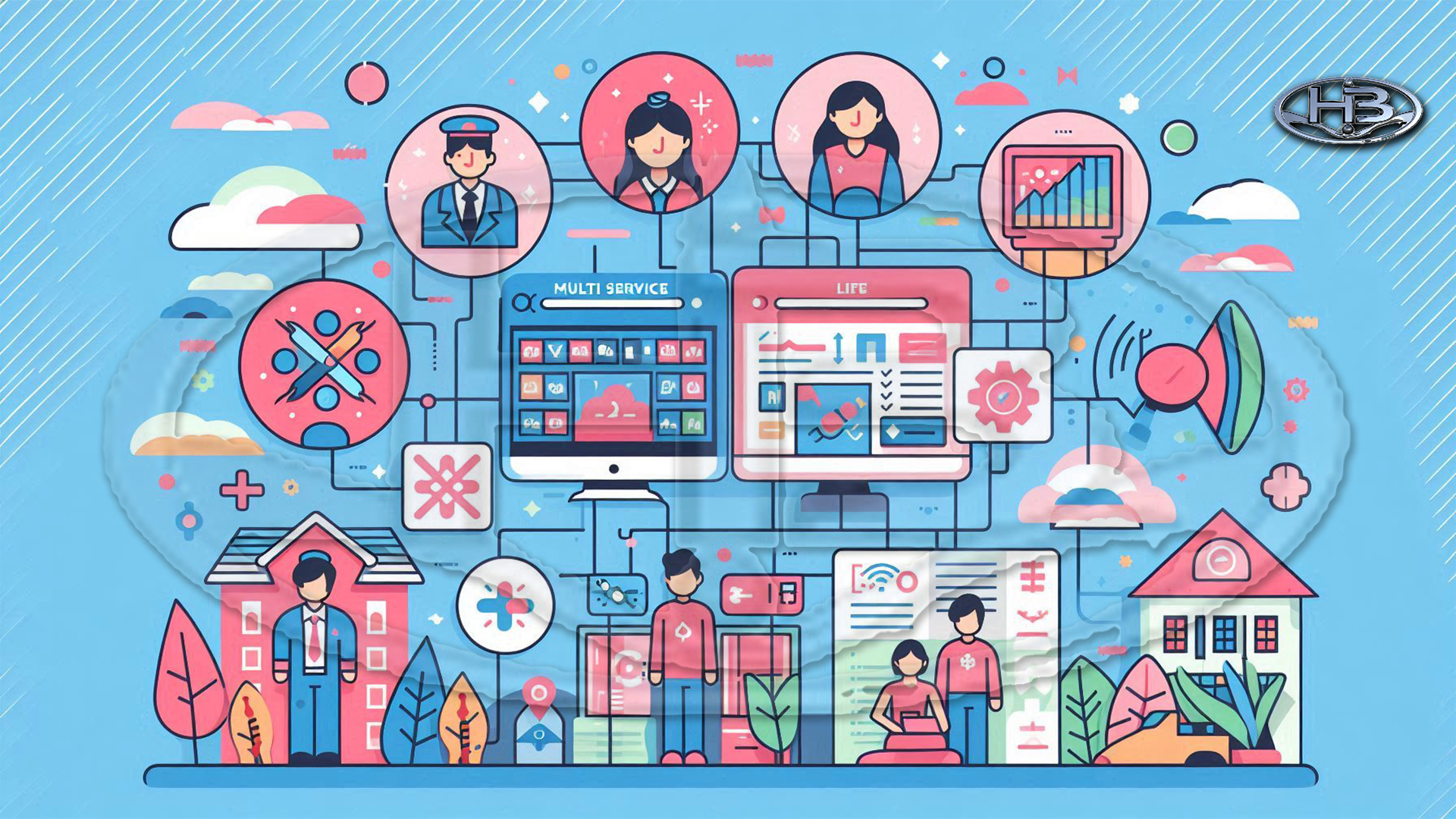Description
Multi-service management system (MSMS) software is designed to handle the complexities of businesses that offer a wide range of services. It’s particularly useful for companies that need to manage diverse workflows, schedules, resources, and customer relationships across multiple service offerings. Here’s a breakdown of its key features and benefits:
Core Features:
- Service Catalog Management:
- Centralized management of all services offered, with detailed descriptions, pricing, and availability.
- Ability to categorize and organize services for easy customer access.
- Scheduling and Dispatching:
- Efficient scheduling of service appointments and assignments.
- Automated dispatching of technicians or service providers.
- Real-time tracking of service provider locations and availability.
- Customer Relationship Management (CRM):
- Comprehensive customer database with contact information, service history, and preferences.
- Tools for managing customer interactions and communications.
- Customer portals for self-service and appointment management.
- Work Order Management:
- Creation and tracking of work orders from initiation to completion.
- Assignment of work orders to specific service providers.
- Management of work order status and progress.
- Inventory Management:
- Tracking of inventory levels and usage for service-related materials.
- Automated alerts for low stock levels.
- Integration with procurement systems.
- Billing and Invoicing:
- Automated generation of invoices based on completed services.
- Integration with payment gateways for online payments.
- Tracking of payments and outstanding balances.
- Reporting and Analytics:
- Generation of reports on key performance indicators (KPIs), such as service completion rates, customer satisfaction, and revenue.
- Data analysis tools for identifying trends and areas for improvement.
- Mobile Access:
- Mobile apps for service providers to access work orders, update status, and communicate with dispatch.
- Mobile-friendly customer portals for appointment scheduling and service requests.
Benefits:
- Increased Operational Efficiency:
- Automates workflows and reduces manual tasks.
- Optimizes resource allocation and scheduling.
- Improved Customer Satisfaction:
- Provides faster and more efficient service.
- Enhances communication and transparency.
- Provides customer portals for self service.
- Enhanced Revenue Management:
- Streamlines billing and invoicing processes.
- Provides accurate tracking of service revenue.
- Helps with upselling and cross selling of other services.
- Better Resource Management:
- Optimizes the use of staff, equipment, and materials.
- Reduces waste and minimizes downtime.
- Data-Driven Decision Making:
- Provides valuable insights into service performance and customer behavior.
- Supports informed decision-making for business growth.
- Scalability:
- Allows businesses to easily expand their service offerings and manage increasing volumes.
Applications:
- Field service management (e.g., HVAC, plumbing, electrical).
- Facility management.
- IT service management.
- Healthcare service management.
- Professional services (e.g., consulting, legal).
- Any company that provides a wide array of services to clients.
Multi-service management system software is essential for businesses that need to manage a diverse range of services efficiently and effectively.








Reviews
There are no reviews yet.